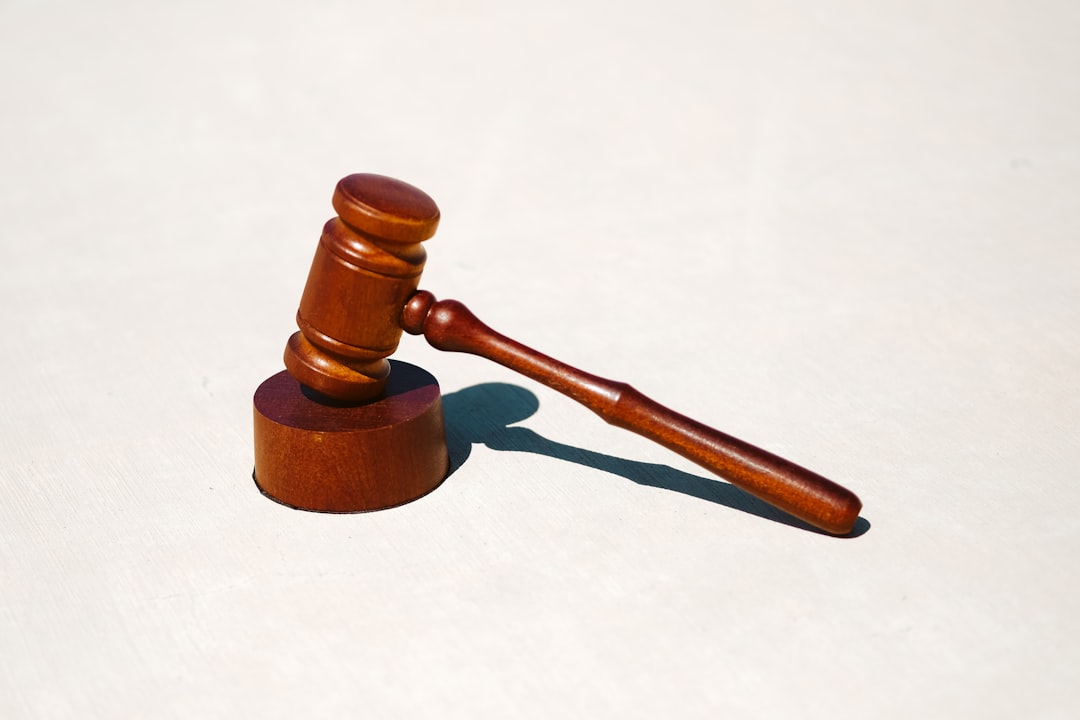In the digital age, Spam Text Wisconsin is a prevalent issue, but Wisconsin's consumer protection laws offer solutions. To tackle unwanted promotional texts, gather evidence, identify spammers via carrier contact, and consult an attorney. State laws strictly regulate business texting, allowing legal action against violators. Residents can file complaints with FTC or local agencies and seek free legal aid from advocacy groups to combat spam effectively and protect their privacy.
“Unsolicited text messages, or spam text, can be a nuisance and even a violation of your privacy. If you’re dealing with persistent spam in Wisconsin, understanding the legal process for taking action is crucial. This comprehensive guide navigates the steps involved in Spam Text Litigation in Wisconsin, equipping you with the knowledge to protect your rights.
From identifying spam messages to filing complaints, we’ll walk you through each stage, ensuring you have the tools to make an effective case against spammers.”
Understanding Spam Text and Legal Action in Wisconsin

In the digital age, Spam Text Wisconsin has become a prevalent issue, with individuals and businesses receiving unwanted text messages promoting products or services. These messages, often referred to as spam, can be frustrating and intrusive. Understanding the nature of spam text is the first step in taking legal action. In Wisconsin, the laws surrounding spam text are designed to protect consumers from these aggressive marketing tactics.
If you’ve received unsolicited text messages promoting goods or services, you may have grounds for legal recourse. The state’s consumer protection laws empower individuals to take action against companies that engage in deceptive or annoying practices, including spam text messaging. By familiarizing yourself with the legal process and your rights, you can effectively navigate the steps towards resolving this issue and potentially holding spammers accountable.
Navigating the Legal Process for Spam Text Litigation

Navigating the legal process for spam text litigation in Wisconsin involves several crucial steps. The first is to gather evidence, which includes saving all communications, such as text messages and call logs, that indicate unauthorized or unsolicited text messages were sent to your number. It’s also essential to document any financial losses incurred due to these messages, like charges for premium services or phone repairs caused by spam calls.
Next, identify the source of the spam texts. This might require contacting your wireless carrier for information about the sender and their location. In Wisconsin, state laws govern how businesses can contact consumers via text, and violations can lead to legal action. Consult with an attorney experienced in spam text litigation to understand your rights and options, as well as to build a strong case against the spammers.
Your Rights and Resources for Effective Spam Text Complaints in Wisconsin

In Wisconsin, residents have rights and resources available to them when dealing with spam text messages. According to state laws, businesses are prohibited from sending unsolicited text messages for marketing purposes unless a consumer has provided explicit consent. If you’ve received unwanted spam texts, you can take action by filing a complaint with the Federal Trade Commission (FTC) or your local consumer protection agency. These entities investigate complaints and work towards enforcing federal anti-spam laws.
Additionally, Wisconsin’s Attorney General’s Office offers guidance and support for individuals facing persistent spam text issues. They provide resources on how to file a civil lawsuit against spammers under state law, seeking damages and injunctive relief. There are also various consumer advocacy organizations that offer assistance, including free legal aid clinics specializing in tech-related issues. By leveraging these rights and resources, Wisconsin residents can effectively combat spam text messages and protect their privacy.






